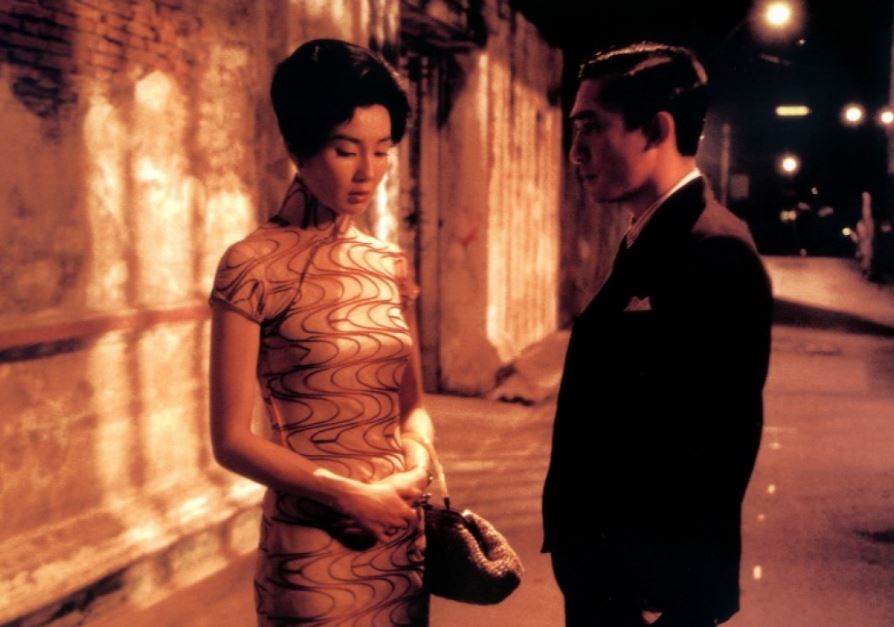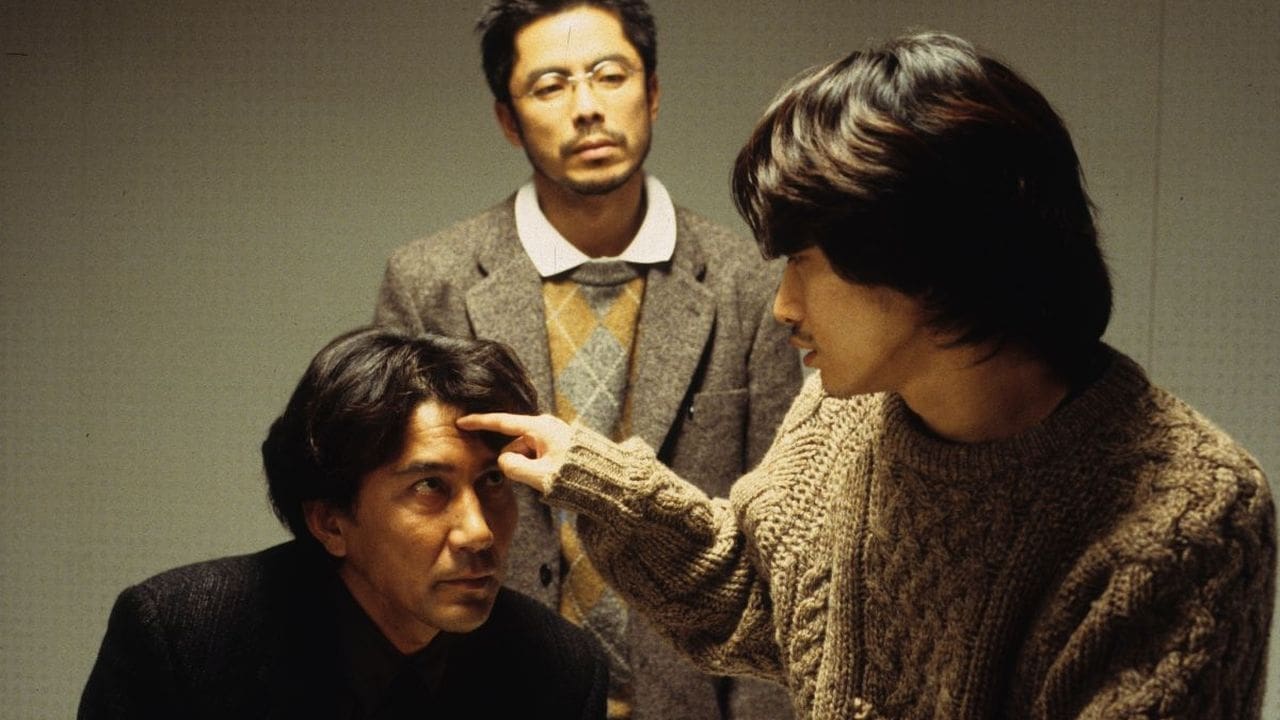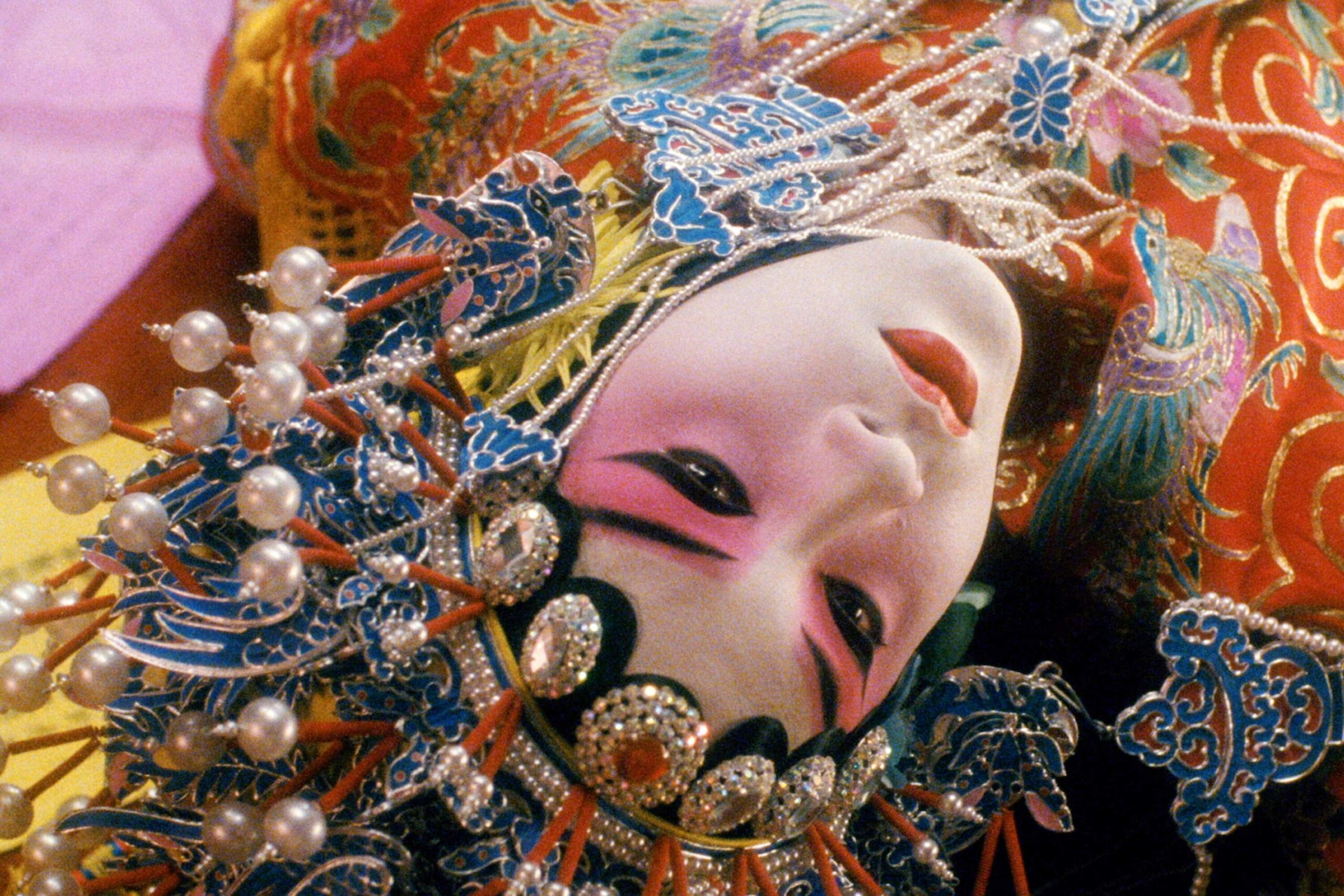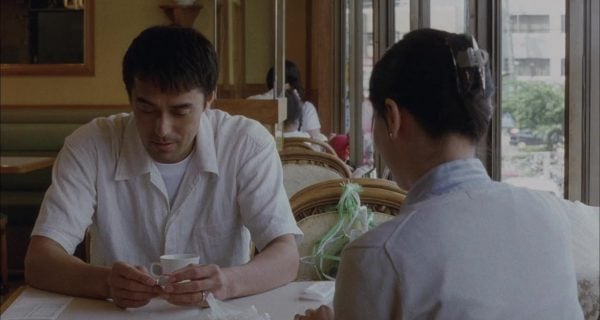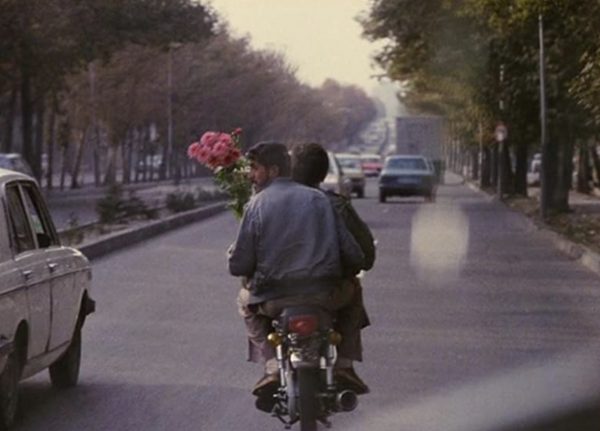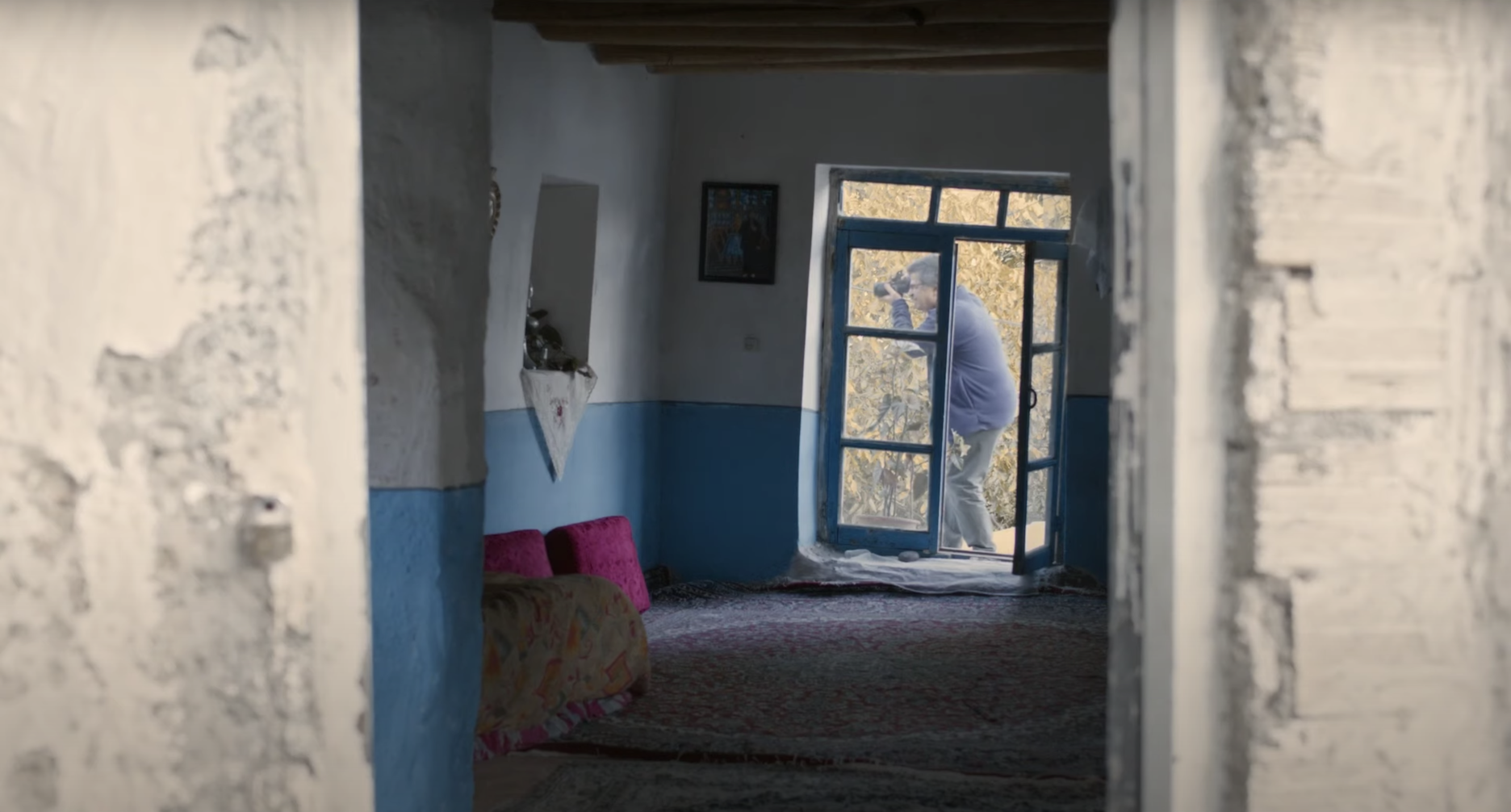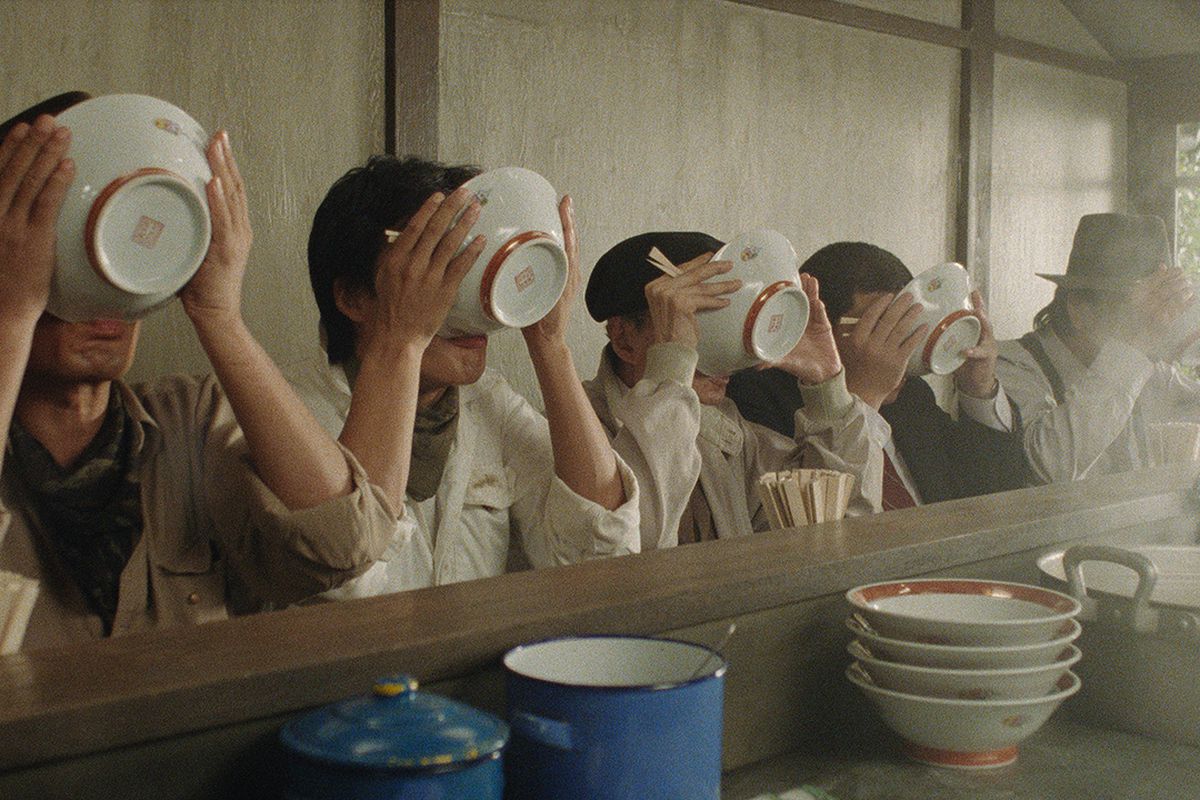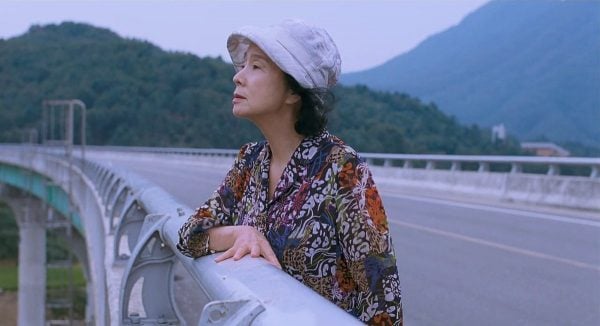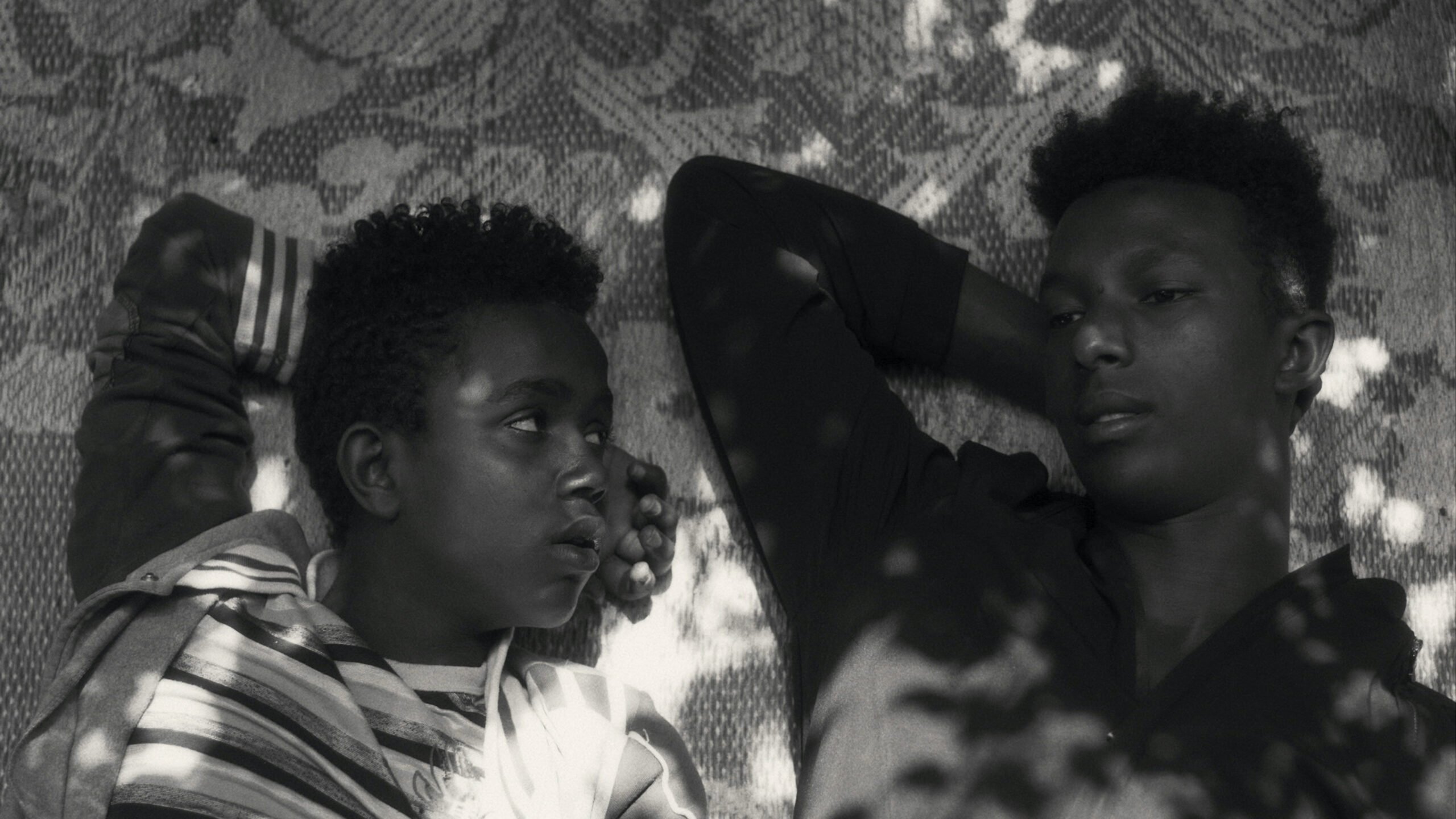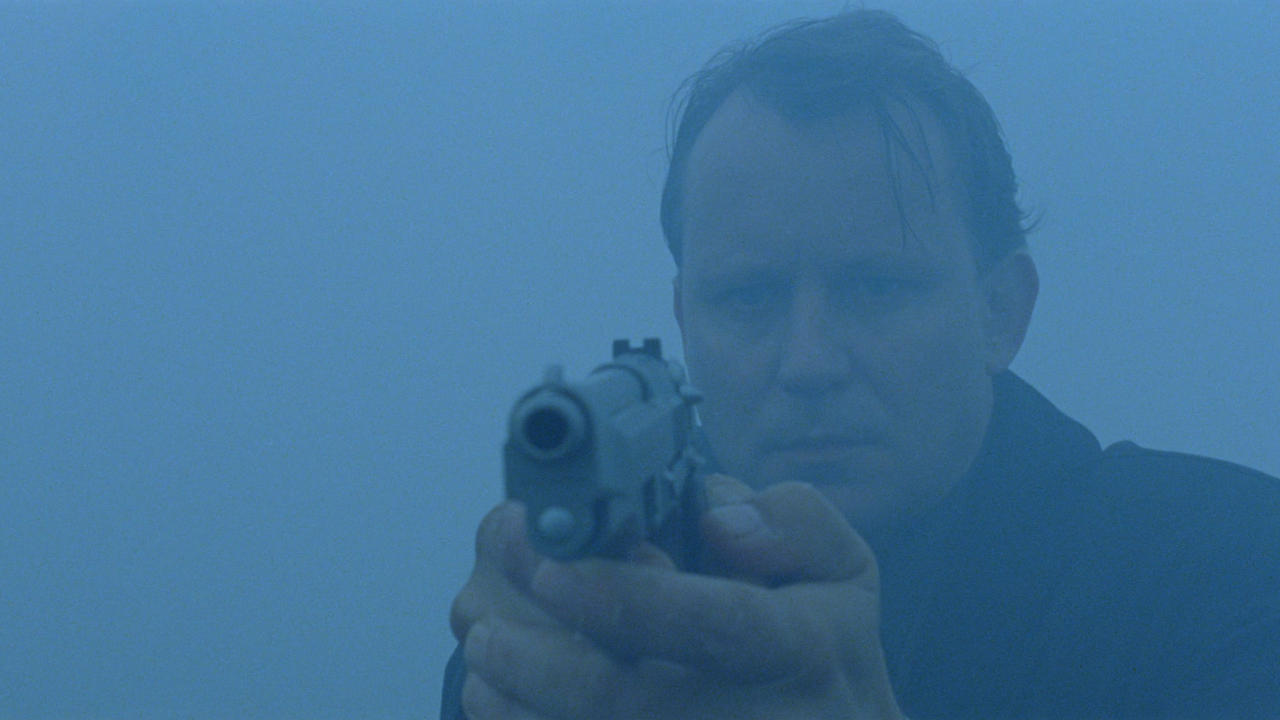
75 Best Foreign Movies on Criterion Channel Right Now
April 30, 2025
Share:
With its dedication to restoring and distributing classics, there’s no doubt that the Criterion Channel has a great library for viewers to dive into. They’ve unearthed films once thought to be lost, they’ve figured out how to adapt the classic widescreen aspect ratio to regular screens, and they also added thoughtful, scholarly essays and commentary tracks for movie lovers. It won’t be a surprise that their library also includes hidden gems from all over the world, so for cinemas wanting a glimpse of something new, here’s some of the best foreign films available to stream on Criterion Channel.
Read also:
1. The Great Beauty (2013)
Genres
Director
Actors
Moods
The Great Beauty is a film of superlatives! Originally titled La Grande Bellezza, this movie by Italian star director Paolo Sorrentino is so replete with lush, opulent cinematography, it sometimes borders on sensory overload. Having won Best Foreign Language Film at the 86th Academy Awards, as well as the Golden Globe, and the BAFTA award in the same category, The Great Beauty is also a critics’ darling and an award-show sweeper – in addition to being hailed as Paolo Sorrentino’s greatest work to date.
Essentially a tragicomedy, it is both a study and a celebration of the hedonism and decadence of its main protagonist – the bon-vivant and modern-day Roman socialite Jep Gambardella (played by an electrifying Toni Servillo). Instead of honing the craft of writing, Gambardella at some point decides to become the self-proclaimed “king of high life” of Rome. After his 65th birthday, he experiences a shock that changes him for good, prompting him to look past the parties and the nightclubs and to discover the sublime beauty of his hometown, the eternal city. In this way, The Great Beauty is a meditation on art, regret, and pleasure – and Sorrentino’s love letter to Rome.
2. In the Mood for Love (2000)
Genres
Director
Actors
Moods
Called a masterpiece by many and featured on many best-of-the-21st-century lists, Director Wong Kar-wei has created a thing of singular beauty. Every frame is an artwork (painted, as it were, with help of cinematographer Christopher Doyle) in this meticulously and beautifully crafted film about the unrequited love of two people renting adjacent rooms in 1960s Hong Kong. These two people, played by Tony Leung and Maggie Cheung, struggle to stay true to their values rather than give in to their desires, while they both suspect their spouses of extramarital activities. The flawless acting, stunning visuals, and dream-like beauty of In the Mood for Love perfectly captures the melancholy of repressed emotions and unfulfilled love. The cello motif of Shigeru Umebayashi’s main theme will haunt you long after you finished watching.
3. Cure (1997)
Genres
Director
Actors
Moods
Cure is about a mad society, where both cure and sickness might be one and the same. Director Kiyoshi Kurosawa subverts the police procedural into an interrogation without definite answers, an abstract study on the evil that resides and is suppressed in every person’s heart. Unlike most horror films, Cure’s scares are left in plain sight, hypnotically mesmerizing as they are gruesome, with a sense of mundanity associated with other Japanese masters like Ozu or Kore-eda. “At the time it just seemed the right thing to do,” a man answers when asked why he killed his wife, and it is this contradictorily calm, nonchalant demeanor that creates a feeling of unease in the film’s horror aesthetic.
4. Farewell My Concubine (1993)
Genres
Director
Actors
Moods
Thirty years after its release, the first ever Chinese language Palme d’Or winner has finally been made more accessible through Criterion Channel through its uncut 4K restoration. Farewell My Concubine is one of those classical epics that is considered essential viewing, but even with its near 3 hour runtime, the film still holds up all these decades later with its startlingly heartrending love story and depiction of the tumultuous shifts of 20th century China. Director Chen Kaige masterfully balances both sides, tapping into the pain Dieyi (Leslie Chung) chooses as he clings to the classical opera, the very art form that allows him a sliver of his unrequited love to be realized, but that is also limited depending on whichever government is in charge at the moment. It’s possibly one of the most beautiful and most miserable films ever made.
5. Still Walking (2008)
Genres
Director
Actors
Moods
Koreeda is a master of the tender gaze. He deals so softly, elegantly, and emphatically with the characters in his films, it will make you feel like you’re watching life itself in all its complex, emotional splendor. Maybe this is particularly true for this movie because it has been inspired by Koreeda’s memories of his own childhood and the passing of his mother. Still Walking is a quietly toned movie spanning a period of 24 hours in the life of the Yokoyama family, as they gather to commemorate the passing of their eldest son. At the center of the story is the father, an emotionally distant man who commands respect both from his family and community. Opposite from him sits the other son, the black sheep, who seeks his father’s validation. Directed, written, and edited by Koreeda, this dynamic is one of many in this slice-of-life movie about how families deal with loss. And, however distant the culture or setting in Japan may seem to the outsider, you’re bound to recognize either yourself or your family among the tender scenes of this masterful drama.
6. Close-Up (1990)
Genres
Director
Actors
The apex of Abbas Kiarostami’s monumental filmography, Close-Up is a testament to the late directors’ ingenuity and humanism. Kiarostami documents the real-life trial of a man who impersonated fellow Iranian filmmaker Mohsen Makhmalbaf, and ingratiated himself to a family believing him to be the real deal. The courtroom drama and interviews are fascinating enough, but Kiarostami takes it one step further by having everyone involved reenact the events as they happened.
The result is an unparalleled piece of filmmaking that blurs the boundaries between documentary and narrative while posing vital questions about the exclusivity of cinema and the storytelling process. Despite its sophisticated constructions, Kiarostami’s direction is lucid and direct as it builds to a passionate and unforgettable conclusion.
Read also:
7. No Bears (2022)
Genres
Director
Actors
Moods
The Iranian director Jafar Panahi has faced constant persecution from his country’s government for over a decade, for his career of sharply political films speaking truth to power. In fact, No Bears—which was shot in secret, in defiance of the government banning him from filmmaking for 20 years—had its initial festival run in 2022 while Panahi was in prison. Evidence of Panahi’s drive to keep making his movies, no matter what, are clear in this film’s limited resources and occasionally inconsistent video quality. But even those obstacles can’t get in the way of his vaulting ambition.
No Bears operates on several different layers that all express Panahi’s growing frustration with—but also his commitment to—making art that only ever seems to put himself and other people in harm’s way. At its base level, this is a suspenseful small-town thriller, as an exiled Jafar Panahi (playing himself) tries to evade suspicion from the villagers around him. At the same time, Jafar is struggling to direct a film remotely, which creates a strain on his production crew. On top of that, the characters in his film undergo their own drama, seeking asylum out of Turkey. All of this is edited together under a stirring screenplay written with heart, humor, and the hope that the institutions that try to scare us will never keep us in the dark forever.
8. Tampopo (1985)
Genres
Director
Actors
Moods
While billed as a “ramen western”, Tampopo satirizes plenty of other American genres, including, but not limited to: 1) the inspirational sports film, with Tampopo’s diligent training, 2) the erotic, arthouse drama through its egg yolk kiss, 3) the witty, social comedy pointing out the absurd in dinnertime tables, and 4) the melodramatic mafia romance with its room-serviced hotel getaway. But the film doesn’t buckle under the weight of carrying all these genres– instead, the customer vignettes are all delicately plated to balance out the hearty journey of a store owner learning about ramen and the bemused, yet cohesive contemplation about food. Tampopo is one of a kind.
9. Poetry (2011)
Genres
Director
Actors
Moods
Poetry is a masterpiece from one of South Korea’s most cherished movie directors, Lee Chang-dong. The simple story follows the everyday life of a grandmother, Mija, who works as a caretaker for a living. To fill her inner emptiness, she decides to join a poetry club with other grandmothers in her neighborhood. Meanwhile, as Mija deals with her own financial and health problems, she struggles to connect with her teenage grandson — only to find out that he is keeping a dark secret. If you are familiar with Lee Chang-dong works, then you know that the movie will tug at your heartstrings. But if you aren’t, prepare to be moved.
10. Faya Dayi (2021)
Genres
Director
Actors
Moods
Though it’s without a plot, Faya Dayi nonetheless weaves a stunning, expansive narrative about khat and the people who farm it and chew its leaves for their hallucinogenic effect. The documentary seems to take place in the same hazy dreamlike stupor that khat-chewers chase: shot in luminous black and white, the film is set to a reflective rhythm that floats from folklore to contemporary stories of romantic heartbreak, migration, and oppression.
Largely featuring members of Ethiopia’s Oromo community — a marginalized ethnic group — including the farmers and workers involved in khat production, Faya Dayi is a portrait of economic hardship, emotional pain, and transcendent escape that hits straight in the chest for all the rawness and yearning it depicts. (As disembodied voice-overs put it, “people chew to get away” to the khat-induced “empty and lonely hideout where no one can ever visit you, your own dark and lonely world.”) Full of textures and images that evoke all of the senses, this is virtually a 5D movie, a hypnotic out-of-body experience that floats an astonishing expanse of ideas into your head — no talky explanations needed.
Comments
Add a comment
Ready to cut the cord?
Here are the 12 cheapest Live TV streaming services for cord-cutting.
More lists
Lists on how to save money by cutting the cord.
Curated by humans, not algorithms.
© 2025 A Good Movie to Watch. Altona Studio, LLC, all rights reserved.

